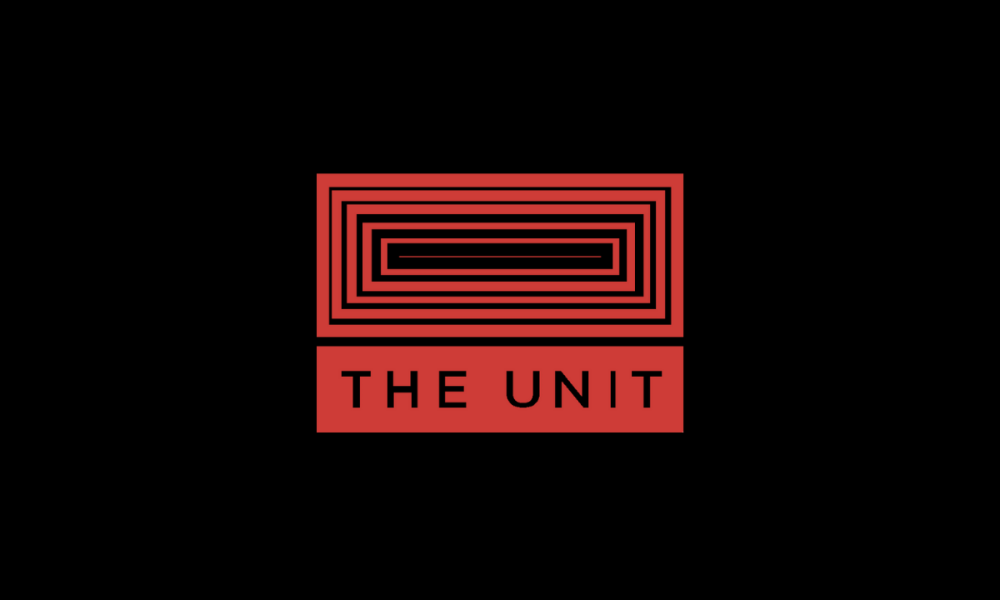Press Releases
THE UNIT TO STEP UP EXPANSION PLANS WITH OPENING OF NEW YORK CITY OFFICE

The Unit aims to grow its presence in the Americas with move to new Manhattan location in January 2025 at Bank of Ireland’s NYC Hub
The Unit, a leader in product design and development for sports betting and iGaming, will proudly open its new office in New York City, as part of its long-term global expansion objectives, in January 2025.
The Americas division was established in 2023 with the launch of The Unit’s partnership with online operator PlayStar Casino. The New York City office, located in the heart of Manhattan, will now be the hub for The Unit’s activity in the Americas.
This new base will be located at Bank of Ireland’s NYC Hub, which was launched to help Irish business owners expand their North American operations. The offices at 2 Grand Central Tower are a great asset to Irish companies aiming to expand their operations in the United States and beyond. This is an ideal location for The Unit to grow its footprint in the region.
The project will be put into practice by The Unit’s Head of Business Development & Account Management Mark O’Hare, who has relocated to New York and will be responsible for The Unit’s commercial growth in the region.
With product and development teams in Ireland and Moldova, the addition of an American hub is further proof The Unit holds an unwavering commitment to becoming the partner of choice, on a global scale, throughout the industry.
Paddy Casey, Co-founder at The Unit, said: “These are exciting times for The Unit, and with plans in place to exponentially grow our presence in the Americas across the next few years, the start of 2025 will be the perfect time for us to move into one of the most vibrant cities in the world.
“This will be the ideal addition to our existing bases in Ireland and Moldova. The flexible workspace the hub can provide will be integral to our plans and will give us the opportunity to grow the team.
“This is an excellent opportunity for us to touch base with clients in the Americas and strategise further launches. We’re looking forward to mapping out our future in the region with our team on the ground there.
“I would like to thank Mark O’Hare for making the move to New York, and I’m sure both he and his team will have the skills and experience to execute our vision for the Americas division across the long-term.”
Tania Sheikh, Manager of NYC Hub for Bank of Ireland, said: “We are very pleased to welcome The Unit to the NYC Hub. The facilities we can provide have helped businesses scale up and connect with their partners, and we are proud to offer that opportunity to The Unit.
“We look forward to hosting The Unit and wish them well in their endeavors to grow their business here.”
The Unit has solidified its strong track record of building world-class, scalable and efficient products for the sports betting and iGaming sector in recent years.
As The Unit embarks on this exciting period of growth, the company remains committed to delivering exceptional products and services to its clients. With its experienced team, best-in-class product development capabilities, and focus on innovation, The Unit is poised to shape the future of the sports betting and iGaming industries.












